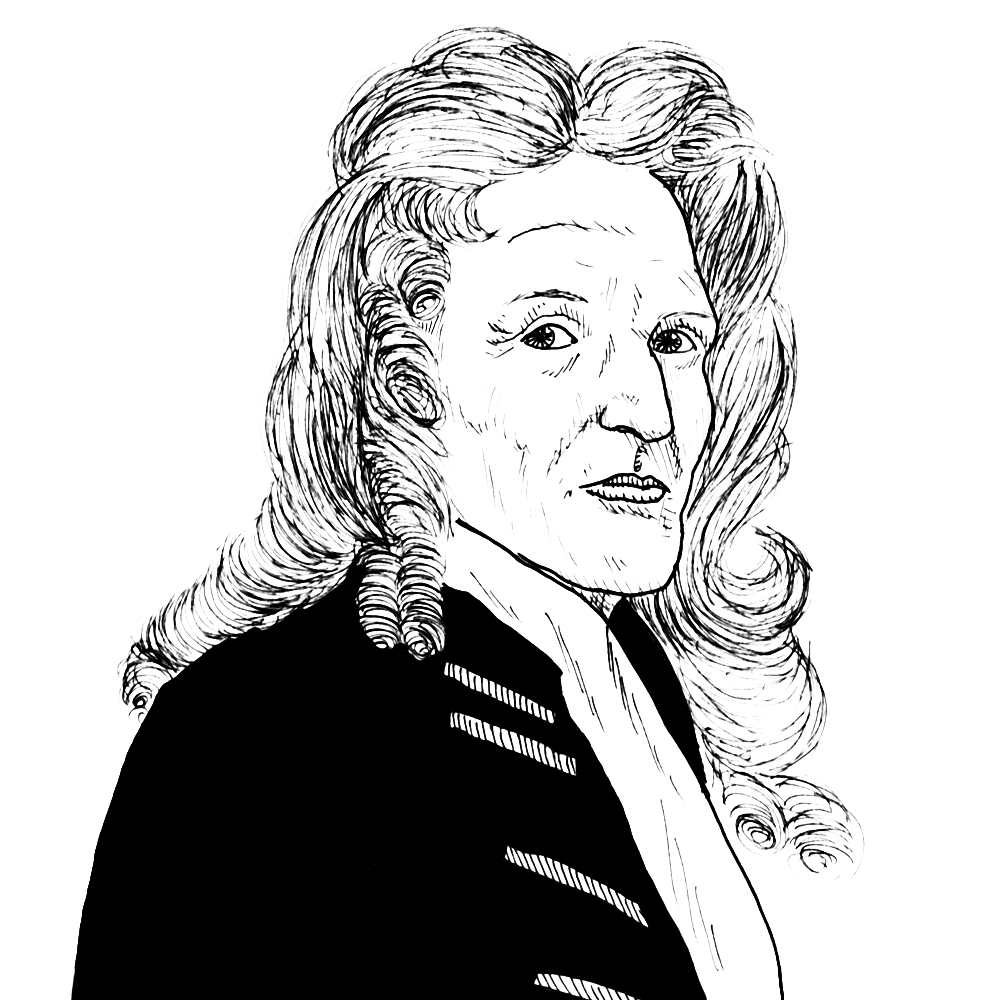
Nicholas Barbon on the mutual benefits of free trade even in luxury goods (“wants of the mind”) (1690)
Found in: A Discourse of Trade
The English physician and businessman Nicholas Barbon (1623-1698) was one of the earliest defenders of free trade, even for goods which were not necessities (“wants of the body”) but also for so-called foreign luxury goods (“wants of the mind”):
Free Trade
It is not Necessity that causeth the Consumption, Nature may be Satisfied with little; but it is the wants of the Mind, Fashion, and desire of Novelties, and Things scarce, that causeth Trade. A Person may have English-Lace, Gloves, or Silk, as much as he wants, and will Buy no more such; and yet, lay out his Mony on a Point of Venice, Jessimine-Gloves, or French-Silks; he may desire to Eat Westphalia-Bacon, when he will not English; so that, the Prohibition of Forreign Wares, does not necessarily cause a greater Consumption of the like sort of English. Besides, There is the same wants of the Mind in Foreigners, as in the English; they desire Novelties; they Value English-Cloth, Hats, and Gloves, and Foreign Goods, more than their Native make.